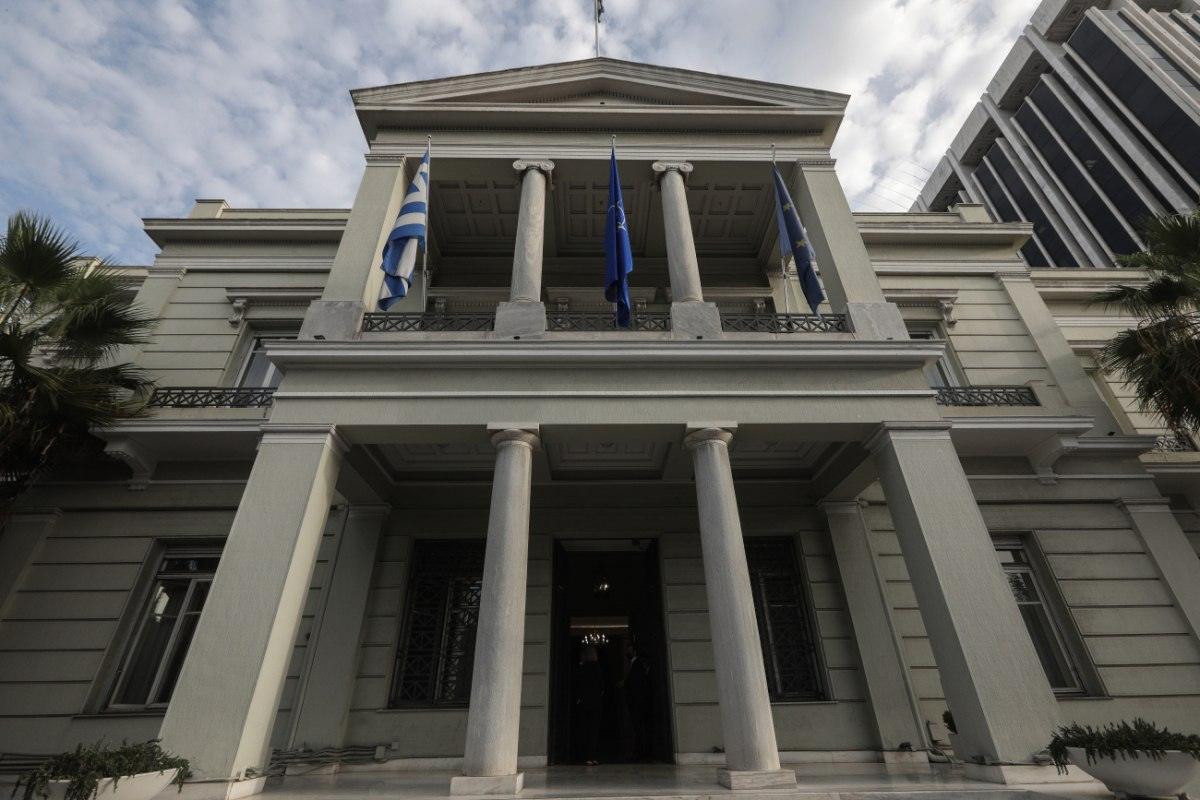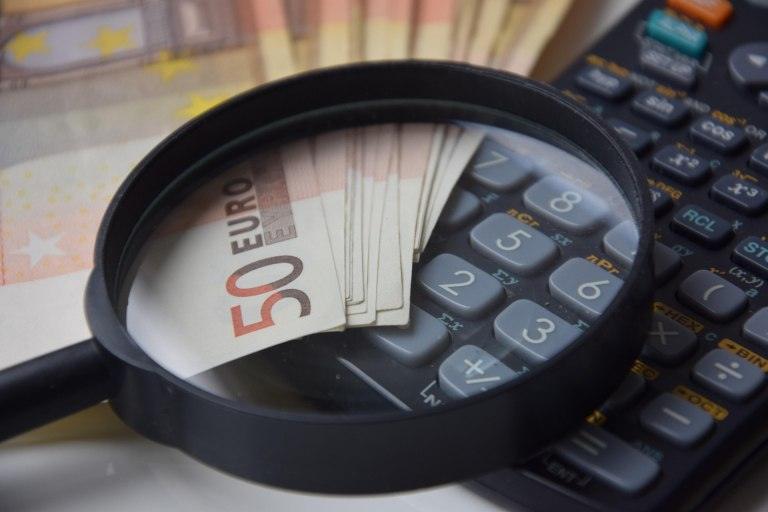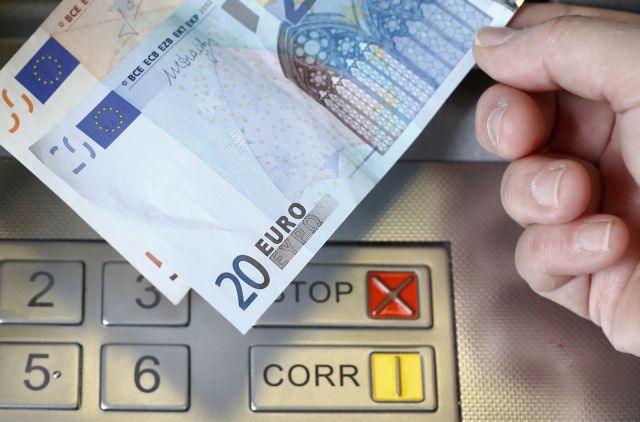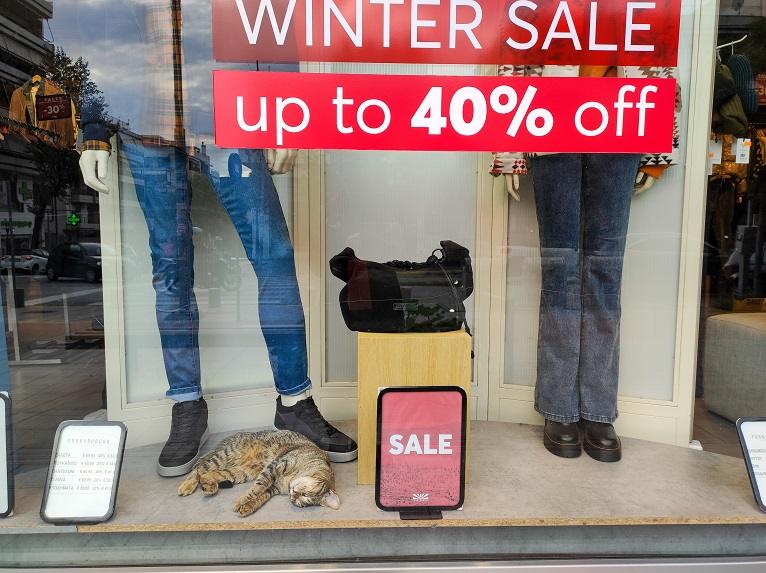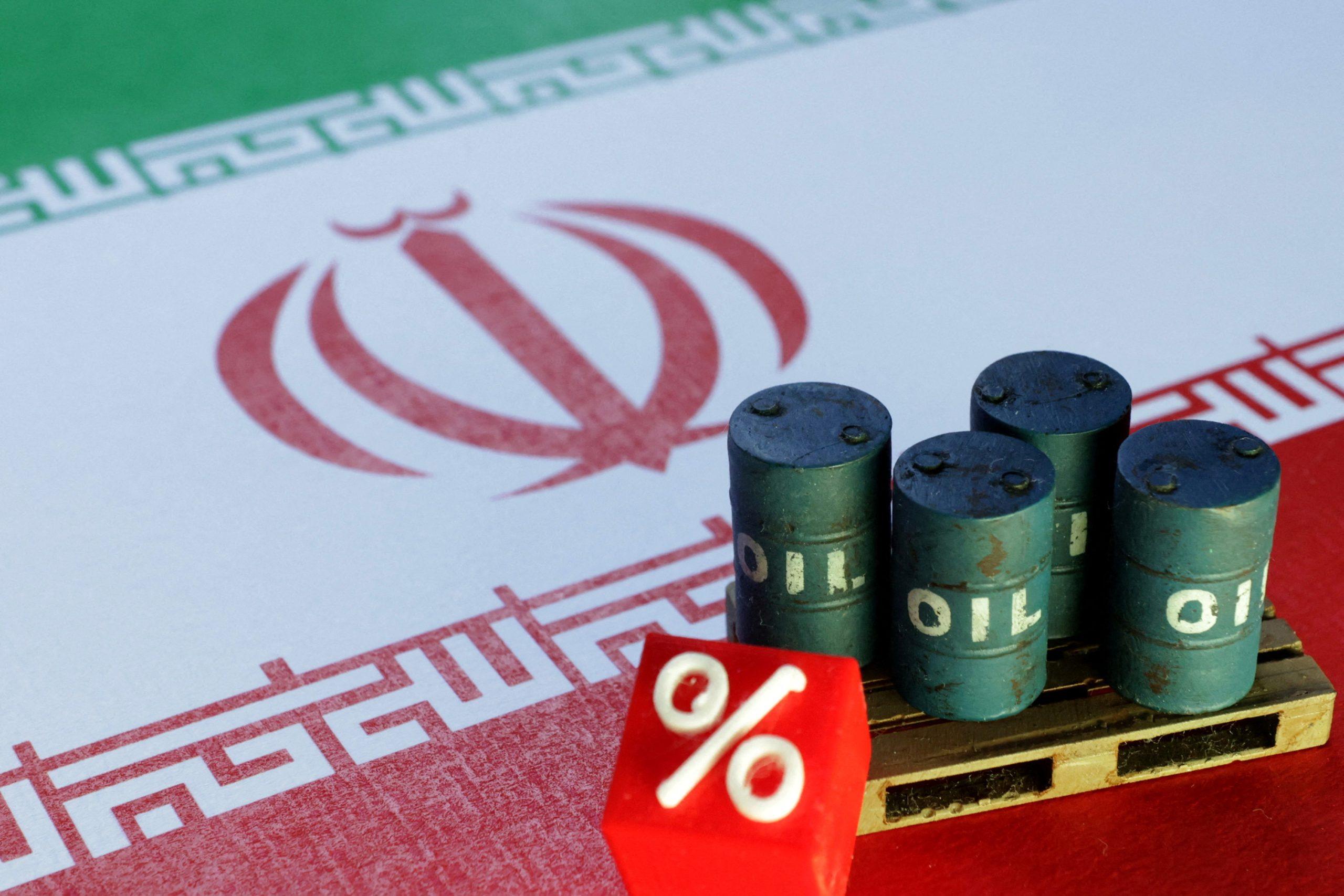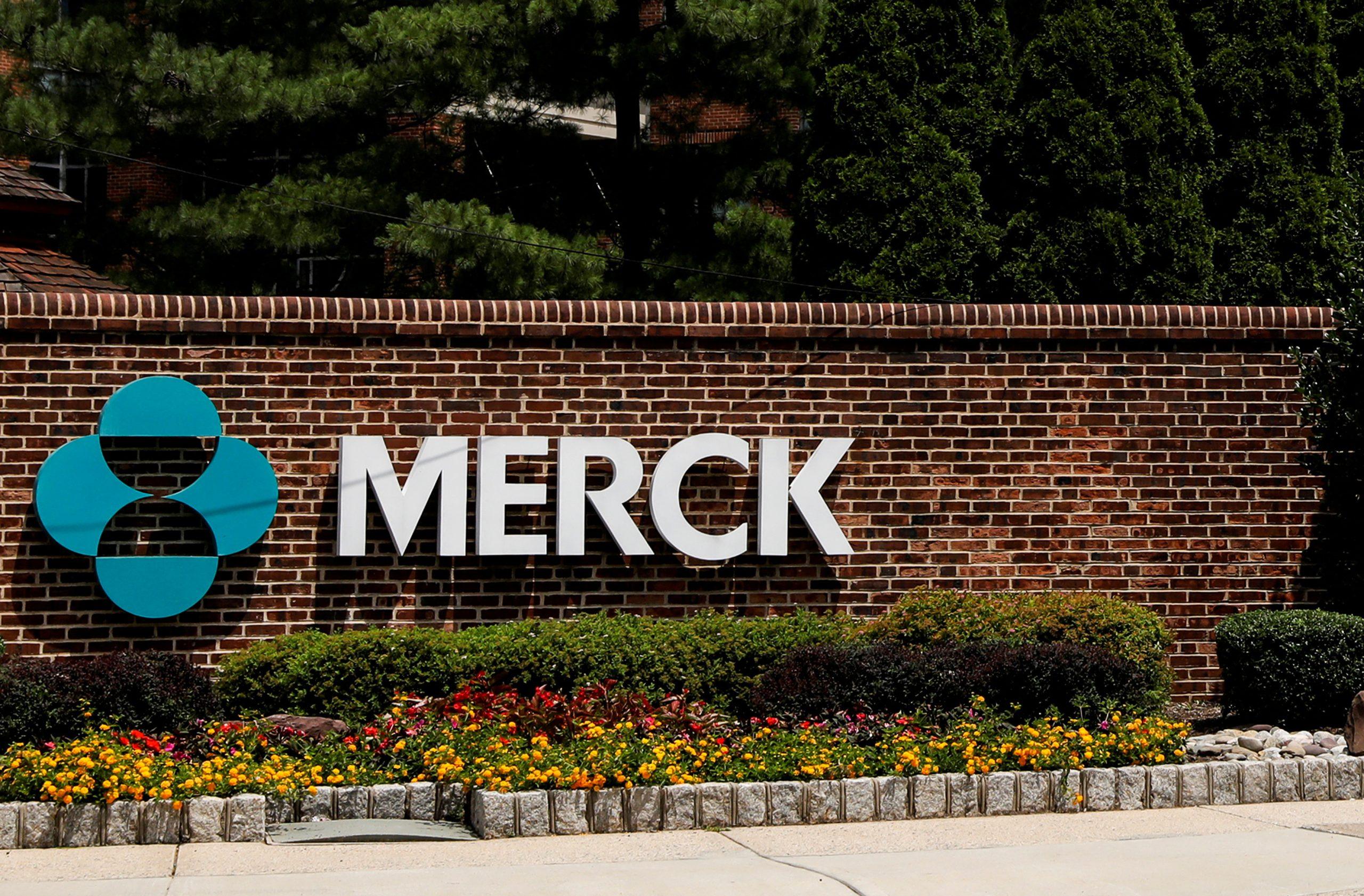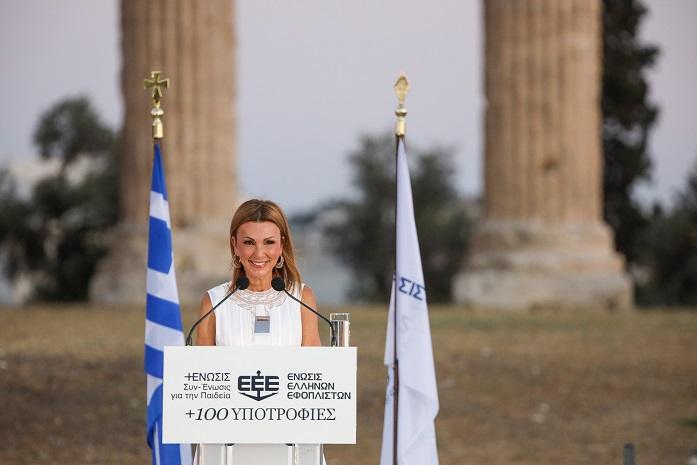The actions taken on a European and national level to fight the pandemic, including cooperation to supply and distribute vaccines against Covid-19 and for the European digital certificate, were discussed in a meeting between Prime Minister Kyriakos Mitsotakis and the European Commissioner for the Internal Market, Thierry Breton, at the Maximos Mansion on Friday.
“Now we are at the point where we have vaccines for every European citizen. The challenge is to persuade the citizens to get vaccinated. We are also at this point and I am in the pleasant position of reporting that, through the comprehensive campaign we have organised, and with the right balance, I believe, between incentives and disincentives, we are seeing vaccinations increase significantly in recent weeks and must continue on this course,” the prime minister said.
The meeting also focused on the prospects created by the digital and green transition, the development of strategic technological capabilities in the European Union and cooperation with respect to the EU plans in space.
Mitsotakis also praised Europe’s stance in the effort against the pandemic and said the European Commission’s decision to buy vaccines as a Union and distribute them to all member-states based on population “without discriminating between rich and poor countries, big and small countries, was a true display of European solidarity.”
He highlighted Greece’s role as one of the first EU countries to propose the European digital vaccination certificate that was finally adopted by the EU.
Breton welcomed the approval of the Greek recovery plan, saying it “was an excellent plan for NextGenerationEU, with emphasis on the digital aspect – and of course the green transition – but chiefly the digital part, which was above average.” He noted that some applications for infrastructure, satellite infrastructure, secure communications and many others, as well as a willingness for cross-border projects, “are key for Europe.”
He acknowledged that the Greek prime minister was the first to point out the need to introduce a digital Covid certificate, adding that “this was no coincidence and no surprise to me”.
Breton reported that one billion vaccine doses have been distributed by the EU since the start of the pandemic, of which half went to Europe and the other half to EU neighbours, including its allies in NATO. “We have been vaccinated but the same is not true elsewhere. We know this. Consequently, today is a very important day,” he added.
He also praised Greece’s vaccination campaign, saying this had achieved “significant rates of vaccination” with more than 60 pct vaccinated with at least one dose and 50 pct fully vaccinated. “I am confident we will soon reach the necessary targets. We know that everyone must be vaccinated. We need to do a lot to achieve collective immunity.”
Breton noted that the Greek government had adopted methods “of great interest” and was moving in the right direction, adding that every country was facing problems in the effort to persuade all citizens to get vaccinated, including the young.
The meeting was attended by National Defence Minister Nikos Panagiotopoulos, Minister of State and Digital Governance Kyriakos Pierrakakis and the General Secretary for Telecommunications and Post Offices Thanassis Staveris.

